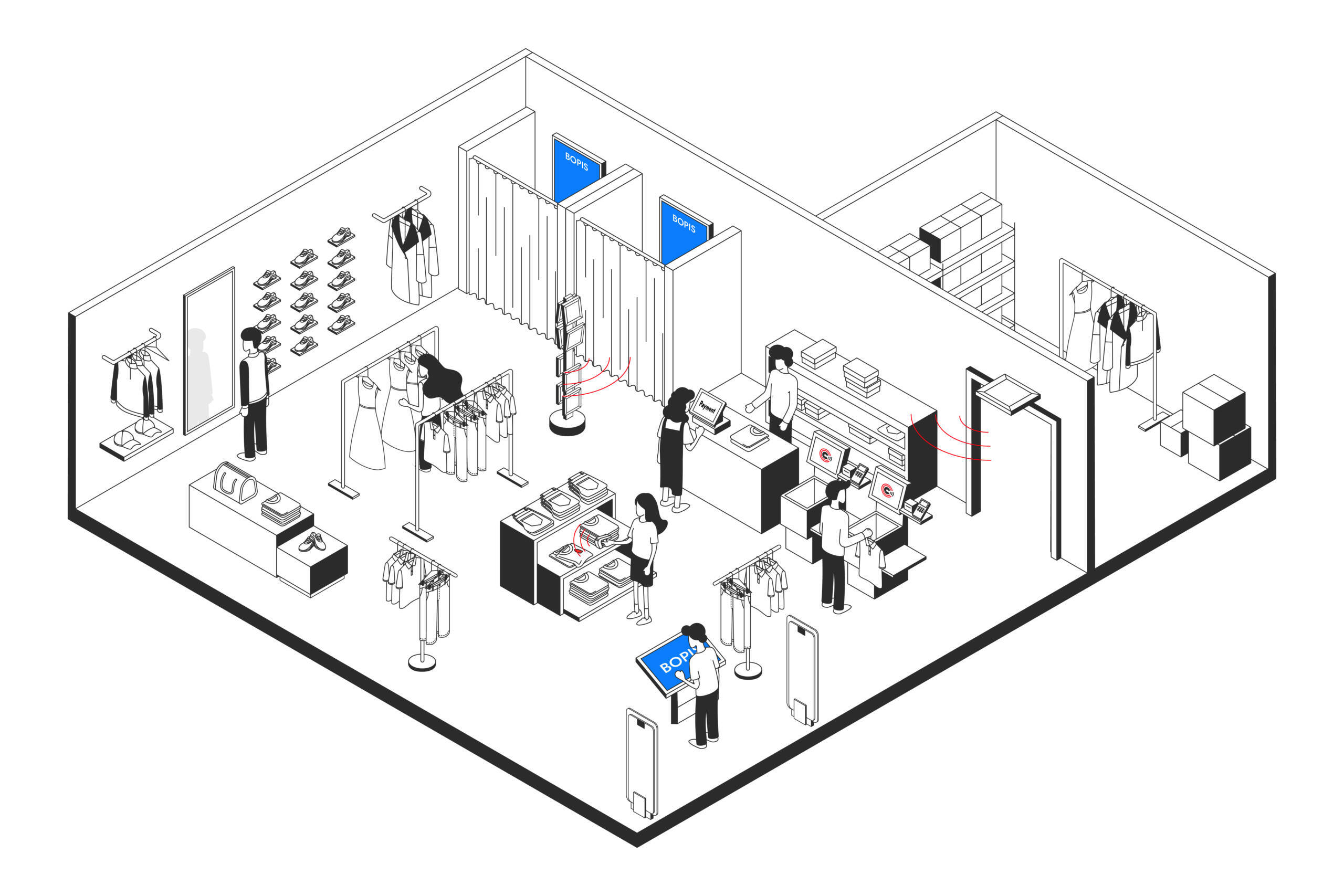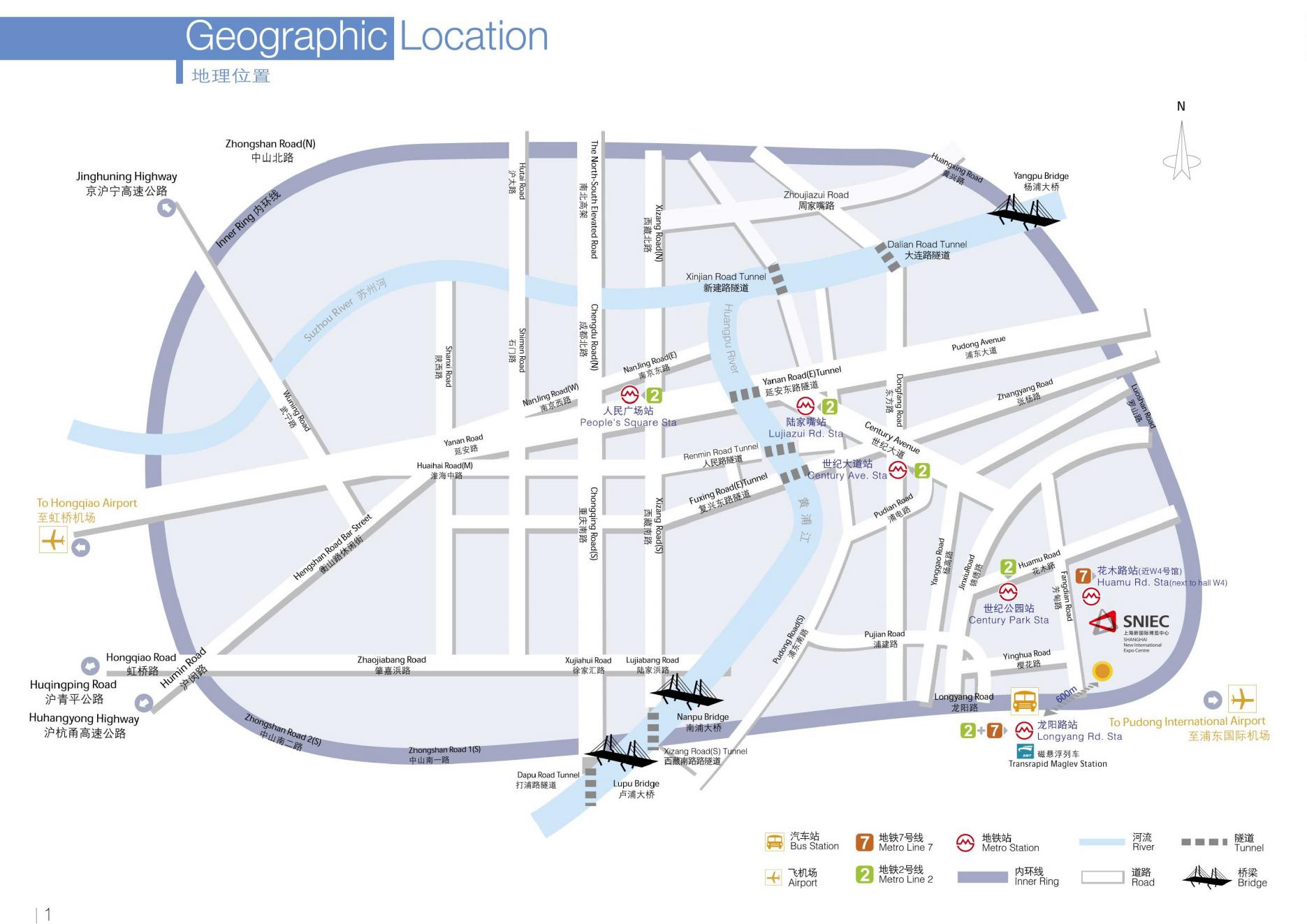
As one of the global leaders in providing enterprise-grade RFID solutions to stores and retail supply chains, SML recently announced that its Clarity Store platform has reached an impressive milestone - more than 600 million RFID tag reads per week. This feat occurred in more than 8,000 stores in more than 60 countries around the world, fully demonstrating the outstanding contribution of SML IIS (Intelligent Inventory Solution) in promoting the popularization of commodity-level RFID technology.
The Clarity Store platform is the core software platform of SML IIS. With its powerful functions and excellent performance, it enables retailers to take inventory frequently, accurately and quickly. The technology not only streamlines operational processes such as receiving, replenishing, BOPIS pickups, markdowns, transfers and returns, it also significantly improves customer service and provides retailers with an attractive return on investment (ROI).
The achievement of this milestone highlights the accelerated application of commodity-level RFID in areas such as clothing, footwear, household products, and electronic products. As the global retail industry increasingly adopts item-level RFID technology, SML IIS relies on its close cooperation with more than 20 retailers and brands around the world to help these brands maintain more than 98% inventory accuracy and accountability. This high-precision inventory management not only helps retailers minimize out-of-stocks and reduce e-commerce pick-up cancellation rates, it also helps achieve sales growth and reduce inventory costs.
In addition to the outstanding performance on the store side, SML IIS' Clarity supply chain solution also achieved significant results. The solution utilizes Rielec's Clustag RFID subsystem to process carton contents with 100% accuracy. This automated solution can operate at speeds of over 1,000 boxes per hour, greatly improving supply chain efficiency. Currently, SML IIS manages more than 3 million items per week for Clarity's supply chain applications and predicts this number will increase by 100% in the next six months.
Dean Frew, President of SML Group’s RFID Solutions Division, said: “We are pleased to see retailers and brands increasingly recognizing the need to move towards item-level RFID operating models as the accuracy of enterprise solutions improves in stores and supply chains. The transformation delivers compelling benefits to shareholders The 600 million tag read milestone provides tangible evidence that the industry’s most innovative retailers are moving to item-grade RFID and trusting SML IIS as their partners to support their operational transformation.”
The value of RFID in the shoe and clothing supermarket retail market
The value of RFID technology in the shoe and clothing supermarket retail market is reflected in many aspects. It can not only improve the operational efficiency of enterprises, but also bring consumers a more convenient and personalized shopping experience. Specifically, it can be summarized into the following aspects:
1. Improve operational efficiency
1.1 Efficient inventory management
RFID technology enables each pair of shoes, each item or each packaging box to be attached with a unique RFID tag. Through RFID readers, retailers can easily complete inventory counts in a short time, greatly reducing labor costs and error rates.
RFID technology can also monitor inventory changes in real time and automatically send replenishment alerts to avoid out-of-stock situations, thereby improving inventory turnover.
1.2 Optimize supply chain management
RFID technology helps brand owners realize full-process visual management of the supply chain. From raw material procurement, production and manufacturing to logistics distribution and terminal sales, information in every link will be recorded and tracked in real time. This helps brand owners improve product quality and safety management levels, and also provides consumers with more transparent and credible product information.
RFID technology can also help retailers discover and solve potential problems in the supply chain in a timely manner, ensuring that goods can be delivered to consumers on time, in the right quantity, and according to the quality, thereby reducing the operating costs and time costs of the supply chain.
2. Enhance anti-theft and anti-counterfeiting capabilities
The RFID tag is like an "electronic ID card" for each pair of shoes and each product, recording all information from production to sales. This not only provides consumers with a convenient anti-counterfeiting method, but also helps retailers effectively prevent product loss.
In the future, with the further development of technology, RFID technology can even automatically detect unauthorized movement of goods at the point of sale or exit, further improving store security.
3. Optimize shopping experience
Combining RFID technology with interactive screens and other devices, consumers can scan RFID tags on products to quickly obtain detailed product information, matching suggestions and promotions, thereby making more informed purchasing decisions. This interactive shopping method will greatly enhance consumers' shopping satisfaction and loyalty.
Combined with big data and artificial intelligence technology, RFID technology will help brand owners achieve personalized customization services for shoes and clothing products. Consumers can input their preferences and needs by scanning RFID tags or online platforms, and brands will quickly respond based on this information and produce products that meet consumers' personalized needs.
In the self-checkout area, customers only need to pass the items in the shopping cart through the RFID scanning area one by one to complete the checkout process, which greatly saves time waiting in line.
4. Win-win economic and social benefits
By realizing functions such as accurate tracking and recycling management of goods, RFID technology can reduce the risk of resource waste and environmental pollution.
Retailers can also promote the development of green consumption and circular economy by monitoring information such as the environmental attributes and carbon footprint of goods. This will help the retail industry achieve a win-win situation of economic and social benefits and contribute to sustainable development.
Write at the end
In the future, with the continuous advancement of technology and the continuous expansion of application scenarios, SML IIS will continue to leverage its leading technical advantages and innovative spirit to provide high-quality RFID solutions to more retailers and brands. At the same time, SML IIS will continue to promote the development and popularization of commodity-level RFID technology and contribute more to the digital transformation of the global retail industry.
This paper is from Ulink Media, Shenzhen, China, the organizer of IOTE EXPO (IoT Expo in China)






